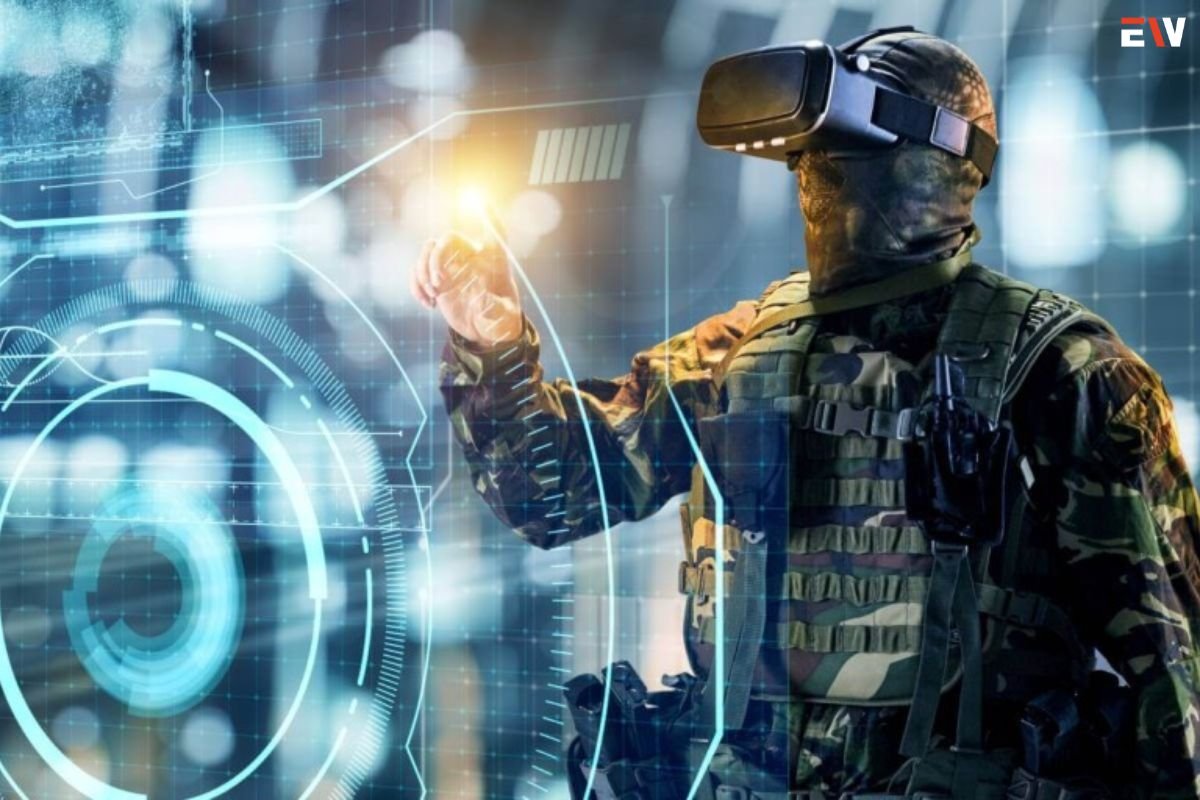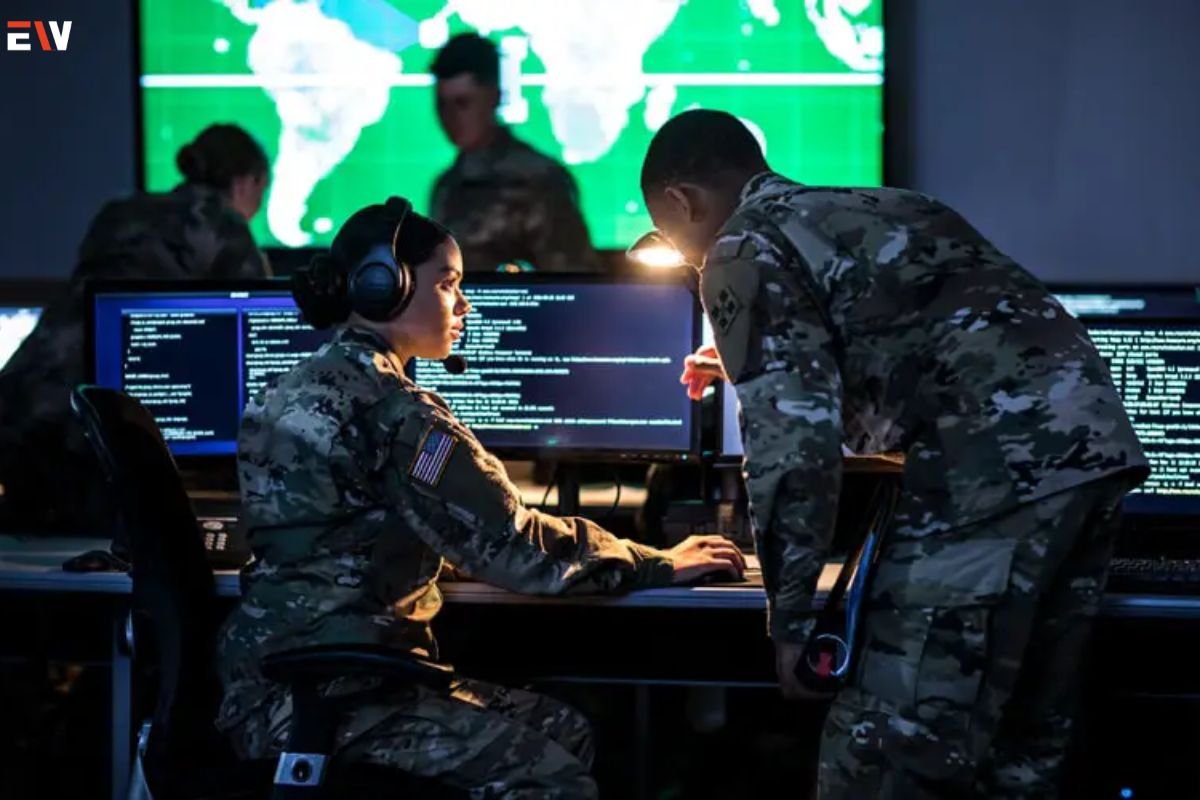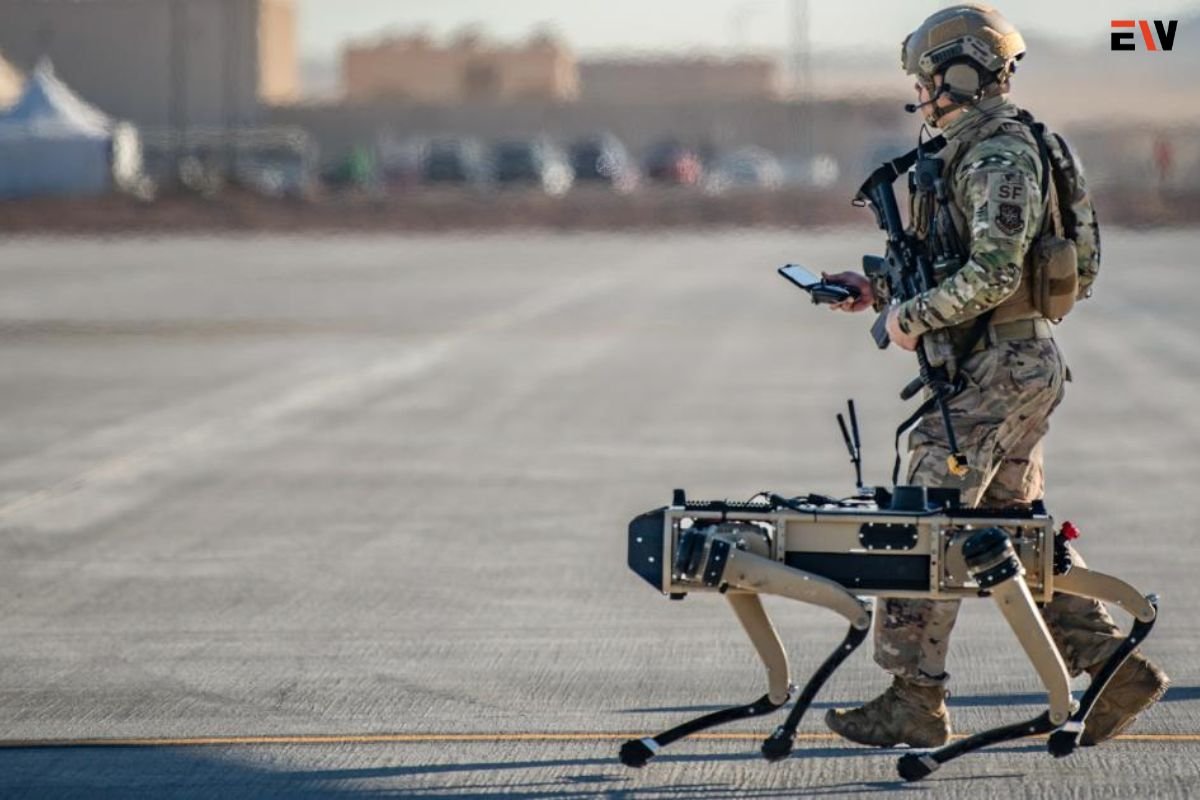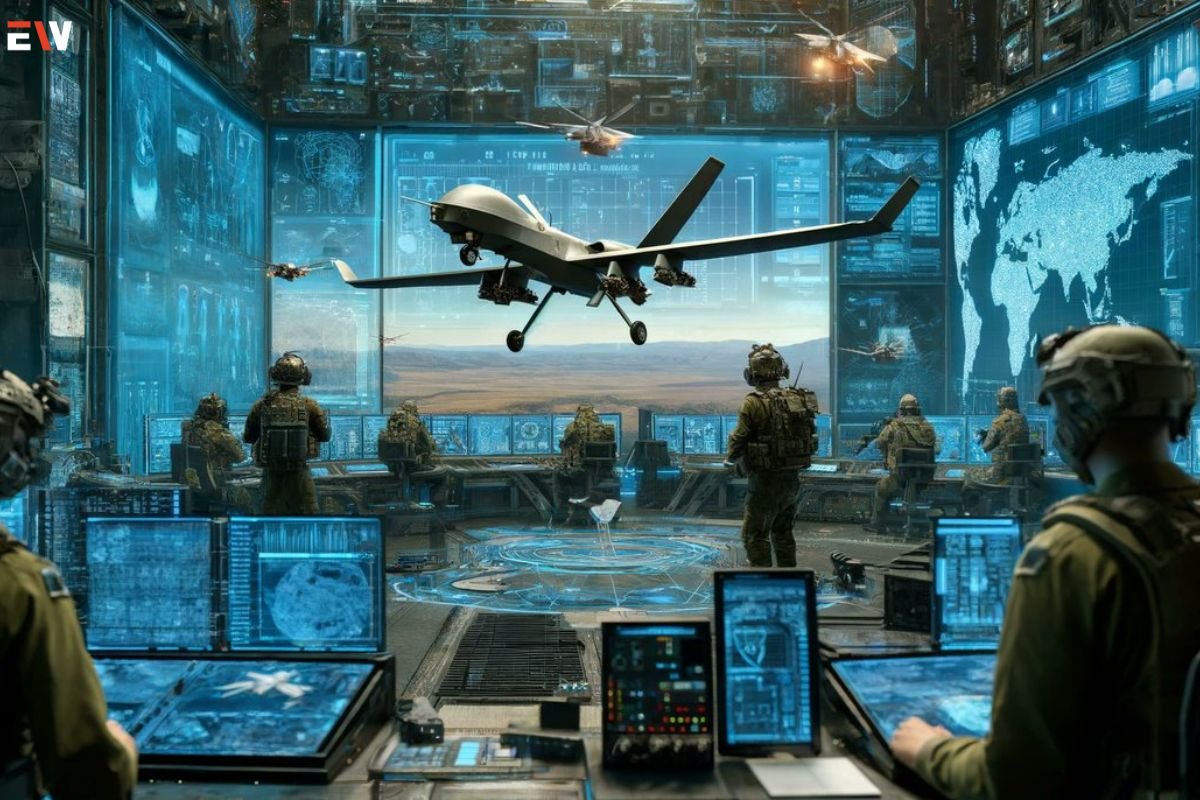Source – x.com
Artificial intelligence (AI) has rapidly become a transformative force across various industries, and warfare is no exception. The integration of AI in warfare is reshaping military strategies, operational tactics, and the overall landscape of global defense. As technology advances, AI’s role in warfare continues to expand, offering both unprecedented opportunities and significant challenges. This comprehensive exploration delves into the various aspects of Artificial Intelligence in warfare, examining its applications, benefits, ethical considerations, and future implications.
Applications of Artificial Intelligence in Warfare
1. Autonomous Weapons Systems
One of the most notable applications of AI in warfare is the development of autonomous weapons systems. These systems can operate without human intervention, using AI algorithms to identify, track, and engage targets. Examples include unmanned aerial vehicles (UAVs), unmanned ground vehicles (UGVs), and autonomous naval vessels. Autonomous weapons promise increased precision and reduced risk to human soldiers but raise ethical concerns about accountability and decision-making in combat.
2. Intelligence, Surveillance, and Reconnaissance (ISR)
AI enhances ISR capabilities by analyzing vast amounts of data from various sources, such as satellite imagery, drones, and social media. AI-powered systems can identify patterns, predict potential threats, and provide real-time situational awareness to military commanders. This enables more informed decision-making and improves the effectiveness of military operations.
3. Cyber Warfare

In the realm of cyber warfare, AI is used to develop sophisticated offensive and defensive capabilities. AI algorithms can detect and respond to cyber threats in real-time, identifying vulnerabilities and deploying countermeasures. On the offensive side, AI can be used to conduct cyber-attacks, such as hacking into enemy networks, disrupting communications, and manipulating data.
4. Logistics and Supply Chain Management
AI optimizes military logistics and supply chain management by predicting demand, optimizing routes, and automating inventory management. This ensures that troops have the necessary supplies and equipment when and where they need them, enhancing operational efficiency and effectiveness.
5. Training and Simulation
AI-powered training and simulation systems provide realistic and adaptive training environments for military personnel. These systems use AI to create dynamic scenarios that mimic real-world conditions, allowing soldiers to practice and hone their skills in a safe and controlled environment. AI also enables personalized training programs tailored to individual needs and learning styles.
Benefits of Artificial Intelligence in Warfare
1. Enhanced Decision-Making
AI systems can process and analyze vast amounts of data quickly, providing military commanders with timely and accurate information. This enhances decision-making capabilities, allowing for more effective and strategic responses to emerging threats and changing battlefield conditions.
2. Increased Precision and Efficiency
AI enables more precise targeting and engagement, reducing collateral damage and increasing the efficiency of military operations. Autonomous systems can operate with a high degree of accuracy, minimizing errors and improving mission success rates.
3. Reduced Risk to Human Soldiers
By deploying autonomous systems and AI-powered tools, militaries can reduce the risk to human soldiers. Autonomous drones and robots can perform dangerous tasks, such as bomb disposal and reconnaissance in hostile environments, without putting human lives at risk.
4. Cost Savings
AI can help reduce costs by automating routine tasks, optimizing resource allocation, and improving operational efficiency. This allows militaries to allocate their budgets more effectively and invest in advanced technologies and capabilities.
Ethical and Legal Considerations

1. Accountability and Responsibility
One of the primary ethical concerns surrounding Artificial Intelligence in warfare is accountability. When autonomous systems make decisions, it can be challenging to determine who is responsible for their actions. This raises questions about legal and moral responsibility, especially in cases where AI systems cause unintended harm or violate international laws.
2. Compliance with International Law
The use of AI in warfare must comply with international humanitarian law (IHL) and the laws of armed conflict. Ensuring that AI systems adhere to principles such as distinction, proportionality, and necessity is crucial to prevent unlawful and unethical actions on the battlefield.
3. Ethical Decision-Making
AI systems must be programmed with ethical decision-making frameworks to ensure that they act in accordance with human values and principles. This involves complex considerations, such as weighing the potential harm to civilians against military objectives and making moral judgments in high-stakes situations.
4. Risk of Escalation
The deployment of Artificial Intelligence in warfare could lead to an arms race, with nations competing to develop increasingly advanced and autonomous weapons systems. This could increase the risk of accidental escalation and conflict, as AI systems might misinterpret actions and respond with disproportionate force.
War, AI, and the New Global Arms Race | Alexandr Wang | TED
Future Implications and Challenges
1. Advancements in AI Technology
As AI technology continues to advance, its applications in warfare will become more sophisticated and widespread. Future developments could include fully autonomous combat units, advanced cyber warfare capabilities, and AI-driven strategic planning tools.
2. Balancing Innovation and Regulation
Balancing the rapid pace of technological innovation with the need for regulation and oversight will be a significant challenge. Governments, international organizations, and industry leaders must work together to establish frameworks that ensure the responsible development and use of Artificial Intelligence in warfare.
3. Addressing Ethical Dilemmas

As AI systems take on more roles in warfare, addressing ethical dilemmas will become increasingly important. Developing robust ethical guidelines and ensuring that AI systems are transparent, accountable, and aligned with human values will be critical to maintaining trust and legitimacy.
4. Ensuring Global Stability
The integration of Artificial Intelligence in warfare has the potential to disrupt global stability. Preventing an AI arms race and ensuring that AI technologies are used to enhance security rather than undermine it will require international cooperation and dialogue.
Conclusion
The rise of artificial intelligence in warfare is transforming the battlefield, offering new capabilities and challenges for militaries worldwide. While AI has the potential to enhance decision-making, increase precision, and reduce risks to human soldiers, it also raises significant ethical, legal, and strategic concerns.
Navigating these complexities will require careful consideration, collaboration, and a commitment to ensuring that AI is used responsibly and ethically in the context of warfare. As technology continues to evolve, the role of AI in warfare will undoubtedly expand, shaping the future of military operations and global security.










